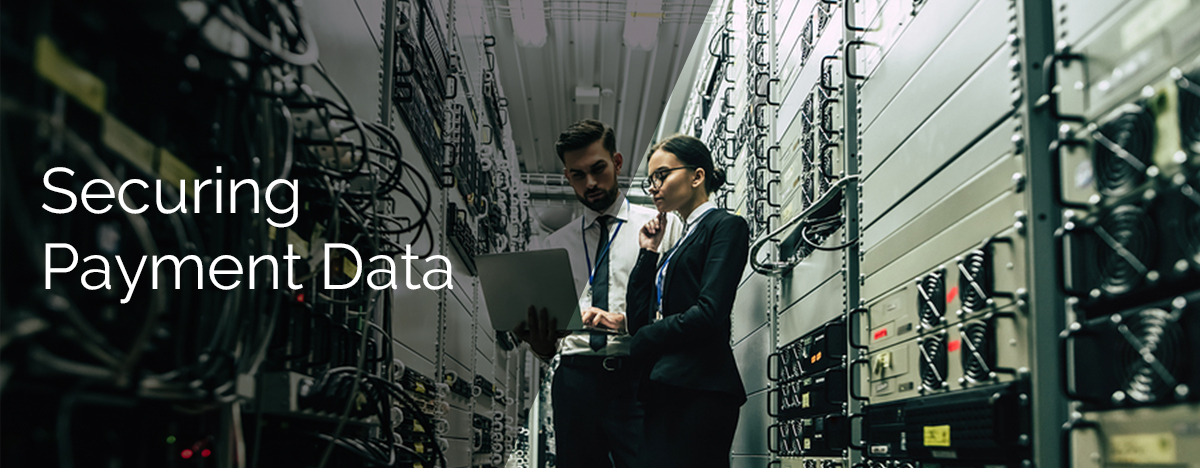[av_image src=’http://home.ncourt.com/wp-content/uploads/2018/04/securing-payment-datat.jpg’ attachment=’3610′ attachment_size=’full’ align=’center’ styling=” hover=” link=” target=” caption=” font_size=” appearance=” overlay_opacity=’0.4′ overlay_color=’#000000′ overlay_text_color=’#ffffff’ animation=’no-animation’ custom_class=”][/av_image]
[av_image src=’http://home.ncourt.com/wp-content/uploads/2018/03/blog-image-secure-payments.jpg’ attachment=’3522′ attachment_size=’full’ align=’center’ styling=” hover=” link=” target=” caption=” font_size=” appearance=” overlay_opacity=’0.4′ overlay_color=’#000000′ overlay_text_color=’#ffffff’ animation=’no-animation’ custom_class=”][/av_image]
[av_textblock size=” font_color=” color=” custom_class=”]
Recent data breaches such as Equifax, Kmart, and Verizon, among others have captured global headlines, putting data security concerns at the forefront of people’s minds. These massive breaches spotlight the need for greater security across all business sectors — private and public. The digital information age provides consumers with many conveniences, especially when it comes to electronic payment processing. But regardless of whether individuals are paying in person or online, securing payment data is of the utmost importance.
What are some of the baseline security measures for payments?
Flexible payment options benefit both courts, governments, and the public, enabling quick and timely fee and fine payment processing through multiple convenient methods. However, most people feel more comfortable taking advantage of online and in-person payments, especially when knowing that security measures are in place to protect sensitive payment data.
So what measures are necessary and what are the benefits of choosing secure payment methods? A payment processing solution that keeps security top of mind helps to ensure compliance with necessary regulations, gives confidence and peace of mind for users, and prevents costly and damaging data breaches. To understand these benefits, courts and government agencies should become familiar with some of the common security measures for payment processing solutions — used in both private and public sectors. Below are common security measures that include Payment Card Industry (PCI) compliance, encryption, tokenization, point-to-point encryption (P2PE), and EMV (Europay, MasterCard®, Visa®) technology:
- PCI compliance — Payment card companies maintain and enforce the security standards that determine PCI compliance for any company that stores, transmits, or processes cardholder data. These standards are in place to ensure consumer information remains secure. There are four levels of compliance, and as our previous blog “What is PCI-DSS Compliance?” mentions, the greater the number of credit and debit card transactions an organization conducts, the higher level of compliance they have to achieve. The highest level is Level 1 PCI compliant, which enforces the strictest standards and includes a yearly onsite review by an international auditor and a network scan by an approved vendor.
- Encryption — A secure payment solution will employ encryption for better protection of payment data. This technology obscures all payment data, so it is unreadable to any person or device without the associated decryption keys.
- Tokenization — As explained on our website, when card information needs to be retained for future transactions, tokens are used instead of cardholder data. Since each transaction is unique, encrypted card data stored from a previous transaction is unusable. So, when a transaction is performed, the bank or payment processor may return a token, which can be stored and used at a later date for subsequent transactions, and tokenization technology is also available with EMV card reader devices. Most importantly, the token cannot be reversed to retrieve any cardholder data.
- P2PE — Point-to-point encryption (P2PE) is a standard established by the PCI Security Standards Council. Certified P2PE devices use algorithmic calculations to encrypt the sensitive cardholder data at the point of interaction (POI) and the encrypted, indecipherable codes are sent only to the payment processor for decryption. Also, to maximize the security of the payment data, the management of encryption keys is completely invisible and never made available to businesses accepting payments.
- EMV — EMV created a global standard to ensure that point-of-sale (POS) terminals were compatible with chip-based payment cards. By utilizing a layered approach that includes both encryption and tokenization, EMV delivers solid protection for cardholder data using the dual technology. More businesses are implementing EMV-enabled terminals for acceptance of chip-based credit and debit card transactions because of its security protection at consumer- and business-level exchanges. The chip cards create a new and unique code for each transaction at the POS, which is used for that specific transaction only. If a hacker breaches the POS and steals the data, it will be rendered useless. EMV will continue to play a significant role in decreasing the amount of card-present fraud in the U.S.

Keep data security a priority
Providing businesses with flexible payment options comes with the responsibilities and challenges of securing their payment data. This undertaking can be overwhelming and complex. To ensure your processing environment is as secure as possible, seek out payment services providers who keep security top of mind, and have the reputation, experience, and knowledge to implement secure and compliant-driven processes.
 Offering peace of mind to courts and government agencies, nCourt maintains PCI-DSS Level 1 certification as well as other security compliances and best practices. To learn more, visit us online or contact us today.
Offering peace of mind to courts and government agencies, nCourt maintains PCI-DSS Level 1 certification as well as other security compliances and best practices. To learn more, visit us online or contact us today.[/av_textblock]
[av_social_share title=’Share this entry’ style=’minimal’ buttons=” custom_class=”]














